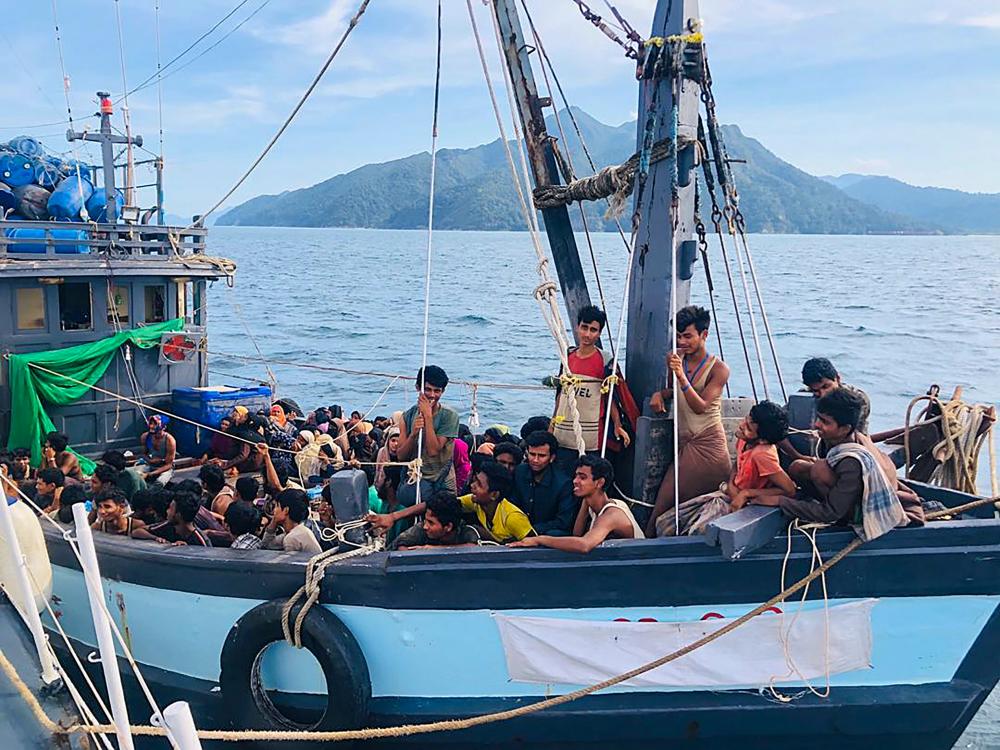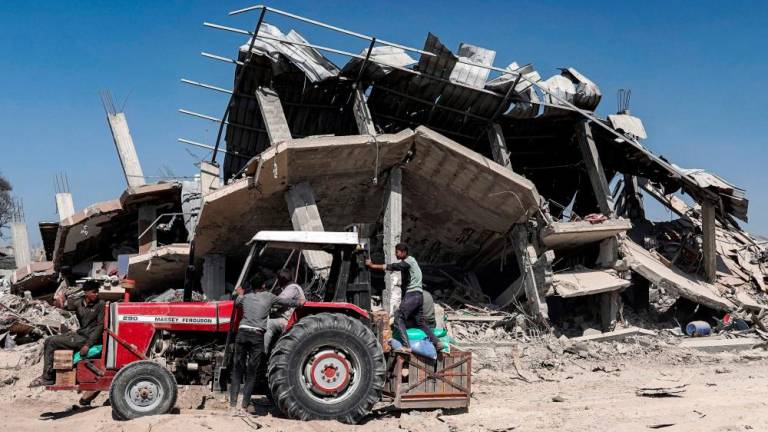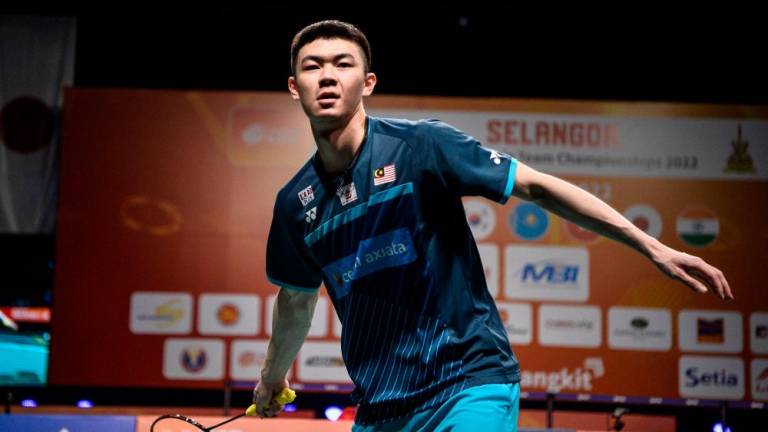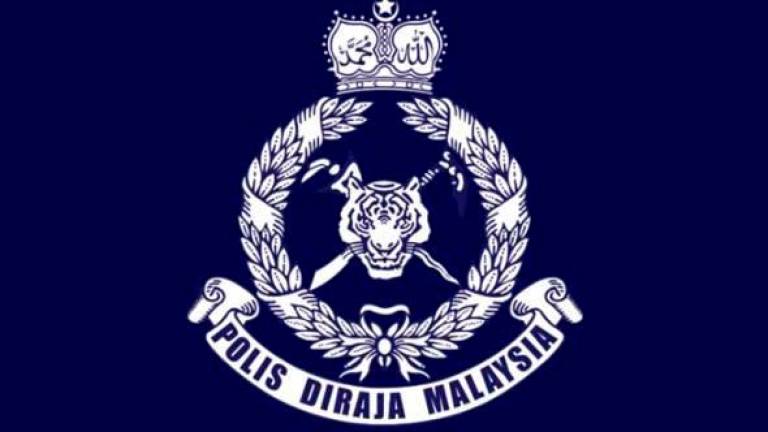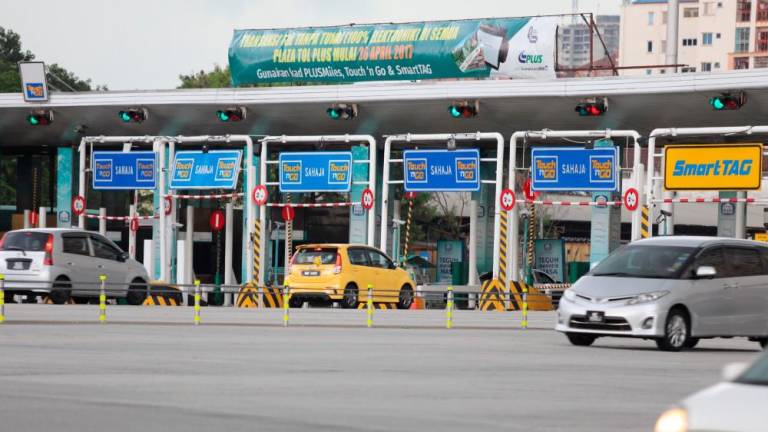KUALA LUMPUR: Myanmar’s exclusion from the upcoming 38th and 39th Asean Summits next week – to allow space for the country to put its house in order – is welcomed by many. It, however, does not help solve the plight of the Rohingyas.
Myanmar was snubbed due to the lack of progress in the Five-Point Consensus achieved by Asean last April to help resolve the woes faced by the country after the elected government of Aung San Suu Kyi was ousted by the army.
However, even before the coup, the Rohingyas in Myanmar, who were denied citizenship, have been persecuted – with thousands from the community ending up as refugees in a number of Asean countries.
Although the Five-Point Consensus does not specifically touch on the Rohingyas, observers say the regional bloc should do more in this area to help the most persecuted community in the world.
President of London-based Burmese Rohingya Organisation UK, Tun Khin, said Asean's unprecedented move on Myanmar's junta is indeed very good news.
“It is the very smallest thing they can do. Asean should not invite the military or people from military-controlled ministries to any Asean meeting. No one in Myanmar thought the Five-Point Consensus would bring about any positive results and six months on, it has been proven right.
“This move by Asean is unprecedented and will have sent shockwaves through the junta, but Asean can and must go further,” he said when contacted by Bernama recently.
Foreign ministers from Asean agreed at an emergency meeting last Friday (Oct 15) to exclude Myanmar from the summits from 26-28 Oct and to only invite a non-political representative from the country.
The meeting also turned down the request by Myanmar's shadow government, the National Unity Government (NUG), to joint the summits.
Myanmar’s junta, however, said on the following day it was “extremely disappointed” with the decision to exclude its leader Gen. Min Aung Hlaing from the upcoming summit, international news media reported.
Khin, who was born and brought up in Rohingya heartland (Arakan), pointed out that Asean should at least recognise the NUG in order to help the Rohingyas, especially on their rights to citizenship.
As the issue of citizenship is the foundation stone for the Rohingyas to begin their return to Myanmar, the international community, including Asean, must work on it attentively.
“First, the international community needs to do everything they can to help bring down the military, and then they must make aid and give support to the civilian government which replaces the military with conditions on citizenship and rights for the Rohingya.
“The NUG has made positive commitments towards supporting Rohingya rights but we must make sure these commitments are honoured,” added Khin, who received a leadership award from Refugees International, Washington D.C., in April 2015 for his work on the Rohingya issue.
The NUG is a shadow government formed last April by representatives from the National League for Democracy led by Aung San Suu Kyi and others. The activities of the NUG are largely carried out online.
Since the elected government of Aung San Suu Kyi was overthrown by Myanmar’s junta led by Gen. Min Aung Hlaing on Feb 1, there had been internal unrest with nearly 1,000 civilians killed by security forces.
Asean has also appointed Brunei Foreign Minister II Erywan Mohd Yusof as a special envoy to Myanmar as stated in the Five-Point Consensus, but he has not been able to play his role because of the junta’s refusal to cooperate. -Bernama



